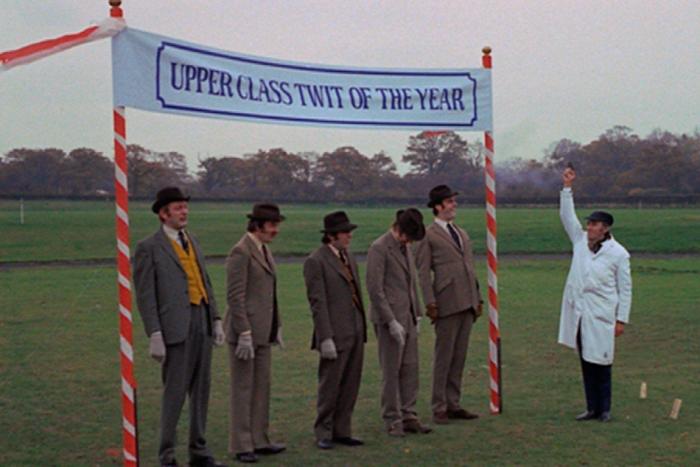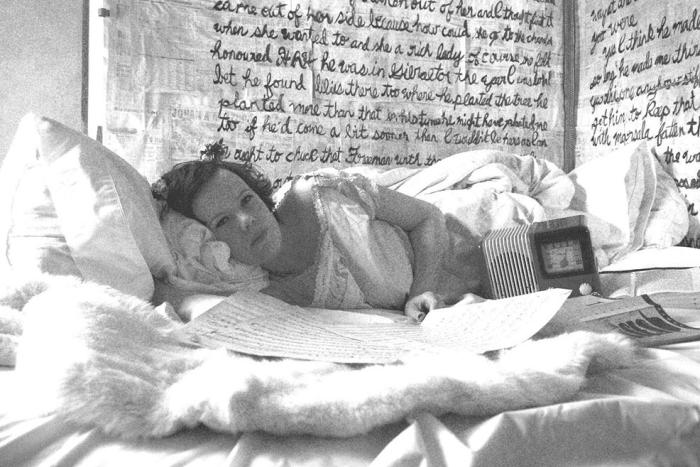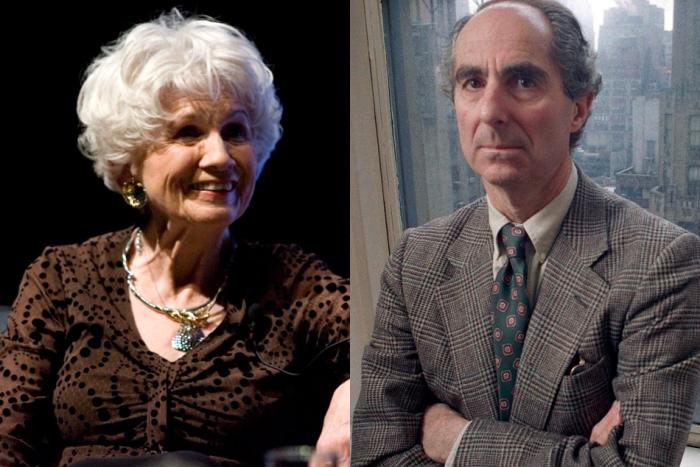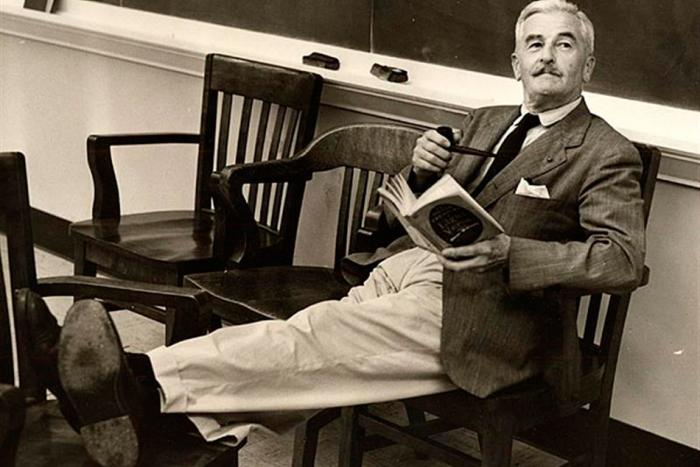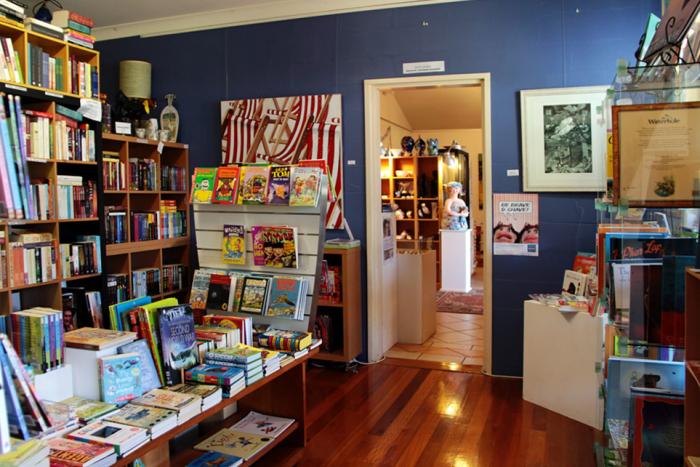Following yesterday’s announcement that Alice Munro is the 2013 Nobel Prize laureate for literature, we invited some of her fellow authors to tell us what they love about her stories, and how she's influenced their own work.
Books
The Latest
The poet/critic/professor’s collection of essays makes you want to love what he loves—Susan Sontag, Debbie Harry—though he’s less interested in discourse than he is in the act of loving itself.
The upper class has always been a rich target for comedy. But, as William Gerhardie’s recently reissued 1920s novels Futility and The Polyglots show, even humor aimed at aristocrats can sting those on the lower rungs.
The Awl cofounder’s new book is about New York, and the Recession, and the pastimes of young guys in the city—but it’s also about the very human tendency to screw around in the face of creeping fear and anxiety.
The character of Leopold Bloom, the wonderful depictions of Dublin—a novelist vows to do for St. John’s, Newfoundland, what Joyce's Ulysses did for Dublin. (Stephen’s barely bearable soliloquies notwithstanding.)
Arguably the preeminent Haitian writer of her generation, Edwidge Danticat talks with Hazlitt about her new novel, Claire of the Sea Light, her connection to home, and writing the dead back to life.
As literature all but abandons the epic, Matt Bell’s debut novel, In the House Upon the Dirt Between the Lake and the Woods, stands out: A modern fairy tale built from small parts—a recognizable domestic story with a dark, fabulist backbone.
The recent retirees say life after writing is a welcome relief—that they’re happy to join the ranks of those who can hear a story and not have it become an ongoing mental burden. But what’s so great about being like everybody else?
Pagination
- Previous page
- Page 8
- Next page


